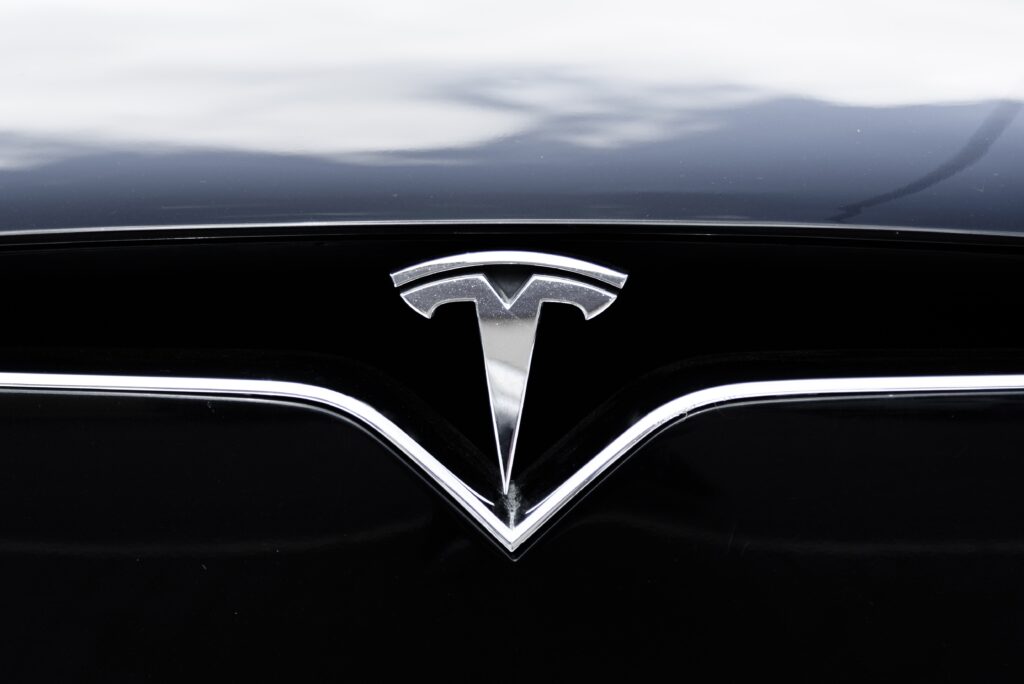BMW and Tesla Shanghai have filed lawsuits against the European Commission over BMW Tesla EU tariffs imposed on China-made electric vehicles. The companies, along with other Chinese manufacturers, argue that the tariffs unfairly limit competition and harm consumers. Legal action could lead to the removal of these tariffs and potential compensation for affected firms.
Lawsuits Against the European Commission
BMW and Tesla Shanghai are suing the European Commission over tariffs on Chinese-made electric vehicles. The companies join a growing list of Chinese manufacturers, including Geely, SAIC, and BYD, that oppose these tariffs.
Tesla’s shares dropped 2.32% on Tuesday afternoon, while BMW’s fell 0.35%. Both companies have filed cases at the European Union’s Court of Justice. However, details of the lawsuits remain undisclosed.
The EU imposed a 7.8% tariff on Tesla’s China-made EVs last year. BMW faces a much higher tariff of 20.7%. Other Chinese EV makers, such as Geely and BYD, have tariffs of 18.8% and 17%, respectively. SAIC, however, faces the steepest tariff at 35.3%. These levies come in addition to the standard 10% tariff on all imported vehicles.
BMW argues that these tariffs do not enhance the competitiveness of European carmakers. A company spokesperson told The Wall Street Journal that countervailing duties harm global companies, restrict EV supply for European consumers, and could slow transport-sector decarbonization.
Despite taking legal action, BMW remains open to negotiations. The company emphasizes that trade conflicts between major global players often create losses for all involved. The European Commission has stated its willingness to negotiate, but only if solutions address unfair competition found in EU investigations.
If successful, the lawsuits could revoke Brussels’ right to impose these tariffs. This could also open the door for affected companies to claim financial losses.
Growing Tensions Over Chinese EV Competition
The EU imposed tariffs due to concerns about Chinese government subsidies, which allow domestic manufacturers to sell vehicles at significantly lower prices in Europe. These subsidies include reduced land costs, favorable loans, and financial support for key suppliers like steelmakers.
To bypass tariffs, many Chinese EV manufacturers are shifting focus to hybrid vehicles, which remain exempt. This has raised concerns about the long-term effectiveness of the EU’s measures.
European carmakers are losing market share to Chinese competitors, who offer better prices, features, and designs. With the ongoing cost-of-living crisis, European consumers are delaying large purchases and seeking better deals, further intensifying the competition.


